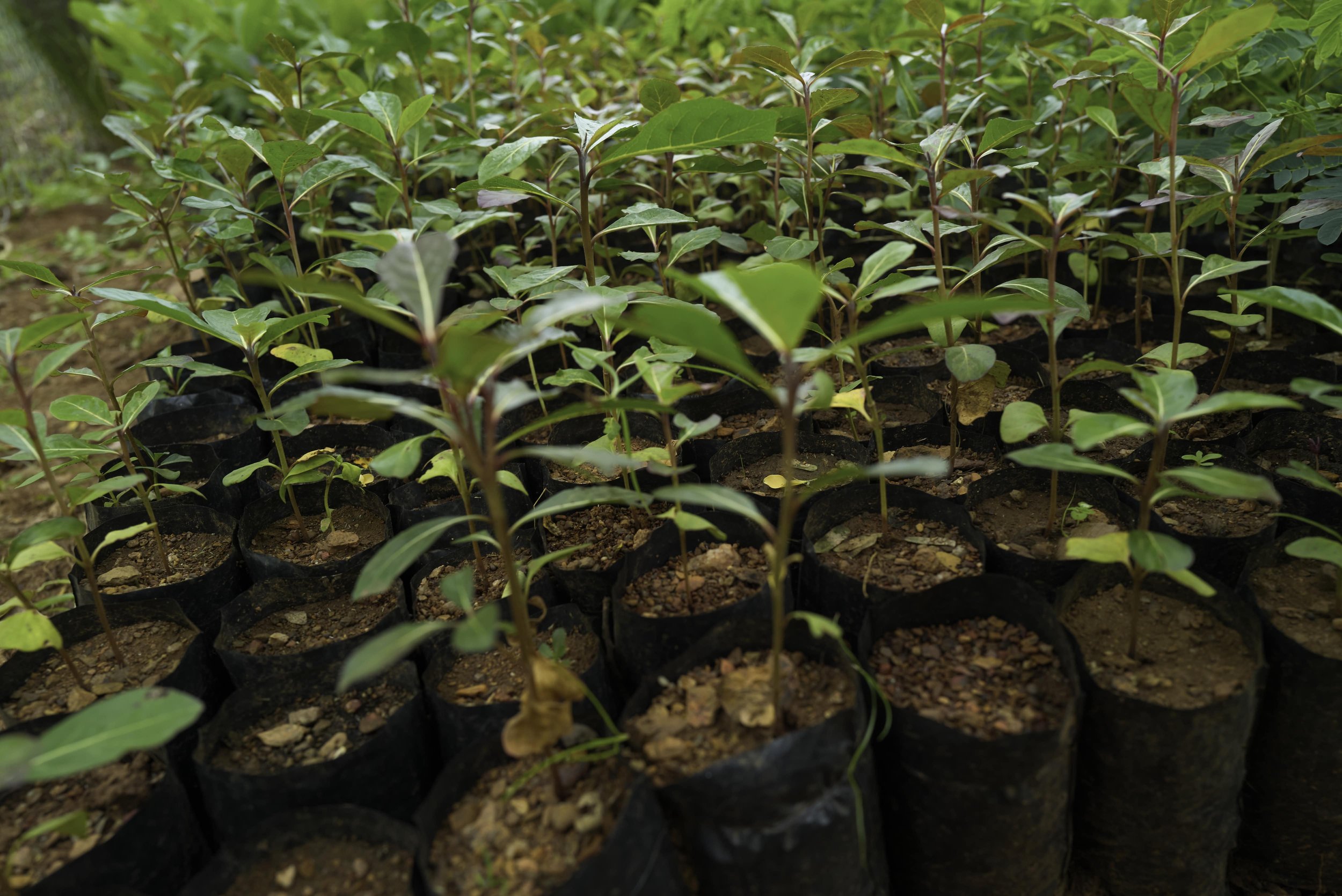Project Update: RDIS Rwanda
Rural Development Interdiocesan Service (RDIS) have provided a very encouraging project end report despite difficult circumstances.
In total, 248,810 trees have been planted so far
Some trees are not yet planted, mostly Avocado which will be grafted from may 2011. The grafted trees are most needed by farmers because of their ability to produce fruit sooner compared with non grafted ones. Around 10 % of the trees are sold. This has affected the selling of trees as in our area the basic needs for households is first of all meals.
So this year people are buying food instead of looking for sustainable needs like planting trees. We should have been able to sell many trees but it was not the case. Beans and Soya harvest are less than the expected, the decrease is estimated at 70% for those two crops (Ministry of Agriculture and animal resources in Rwanda).
The impact from tree planting activities is encouraging all of us, farmers and RDIS, to go ahead.
People’s lives are positively changing because of the harvest from trees especially fruits trees. Among the communities’ members there is a very good impact like health insurance access, school fees for kids in primary and secondary level, some families have been able to rehabilitate their homes.
The year 2011, we will be focusing on fruits trees; the grafting techniques have to be promoted because the plots for families in Rwanda are less than ½ hectare.
Since we started producing seedlings we observed the following within the communities:
About 100 households are keeping rabbits because of the calliandra and leucaena leaves, these two species of trees are also used as livestock fodder
Milk production is being increased due to calliandra and leucaena leaves given as feed to cattle
From animal production some families are able to pay school fees and health insurance for their members
While other product costs increase, timbers and wood product have been stable for 3 years
In total over 220,000 seedlings were planted with an average survival rate of around 75%.
Donate Today
Support communities on the front lines of the climate crisis to plant trees, restore ecosystems and improve their livelihoods.


